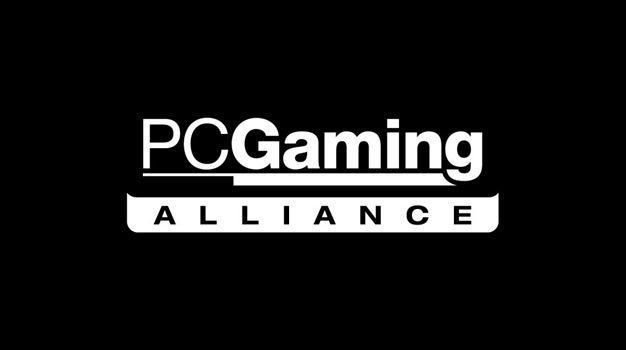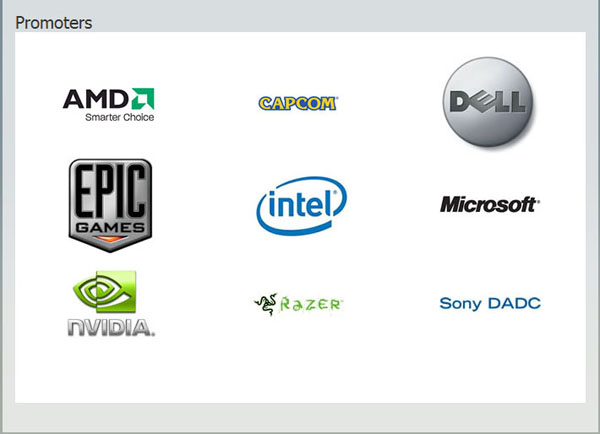The PC Gaming Alliance Interview
January 20, 2011 | 15:28
Companies: #activision #activision-blizzard #pcga

The PC Gaming Alliance Interview
It's been nearly three years since the PC Gaming Alliance announced its formation at GDC 2008, promising to 'advance the PC as a worldwide gaming platform.' Since then, Activision-Blizzard has publicly left the alliance, Sony DADC – developer of the controversial SecuROM DRM software – has signed up and some people are wondering if the PCGA is really acting in the best interests of PC gamers.What exactly has the PC-focused coalition done for PC gaming in the last three years? To find out, we conducted an in-depth interview with the organisation's new president, Intel's Matt Ployhar, who took over the reins from Randy Stude in December last year.
Bit-tech: Let's start off with some straightforward questions about the purpose of the PGCA, and the way it works. In your opinion, why do we need the PCGA?
Matt Ployhar: Non-profit organisations such as the PCGA typically form to fill a void or gap. Precedents such as the ESRB or Khronos were formed to provide an entity that allowed companies to participate and come together, in as neutral a setting as possible, in order to guide, push or pull something in the ecosystem forward.
The desire of most, but not all, members of the PCGA has been two-fold. The first was for the PCGA to be a champion for the PC gaming ecosystem, and the second was to create a body of research to counter the 'PC gaming is dying' FUD and propaganda. So to really answer your question, the 'need' aspect really varies depending on whether you're into PC gaming or not.
BT: How much does it cost for a company to join the PCGA, and what do they get out of it?
Ployhar: Currently there are two levels. The first is Promoter level, priced at $30K (US), which comes with both the eligibility for an officers position and the responsibility of helping steer the various strategies, directions and future of the PCGA.
The next level is Contributor, priced at $5K (US), which gives access to everything else, such as research, subcommittee participation, networking opportunities and the ability to influence things like BKMs and best software practices. We’ll be expanding and adding additional value propositions over time as the PCGA matures, based on all members' inputs.
BT: You recently took over from Randy Stude as president of the PCGA, and had a board members meeting. What changes will you be making as president?
Ployhar: Several things actually. The biggest is setting a level of expectations. We’re in a marathon, not a sprint, and there are no instant fixes for some of the things we’d like to tackle next. PC gaming is an extremely dynamic ecosystem, and there’s a definite need to update the definitions of what a PC is, and who PC gamers are. We’ll be a lot more transparent moving forward. I believe we’ve been holding our cards a bit too closely, and frankly that doesn’t serve us or the ecosystem very well. It also seems to spool off into all sorts of speculation.
Membership is also likely to change as we build on our near and short term plans and goals. The vast majority of members love the direction in which we're going, but a few are saying 'mission accomplished.' I’ll be striving towards making the PCGA an organisation to which its members stick, and a no-brainer for anyone in the PC gaming ecosystem to join and participate in. However, that’s going to take some time.

MSI MPG Velox 100R Chassis Review
October 14 2021 | 15:04











Want to comment? Please log in.